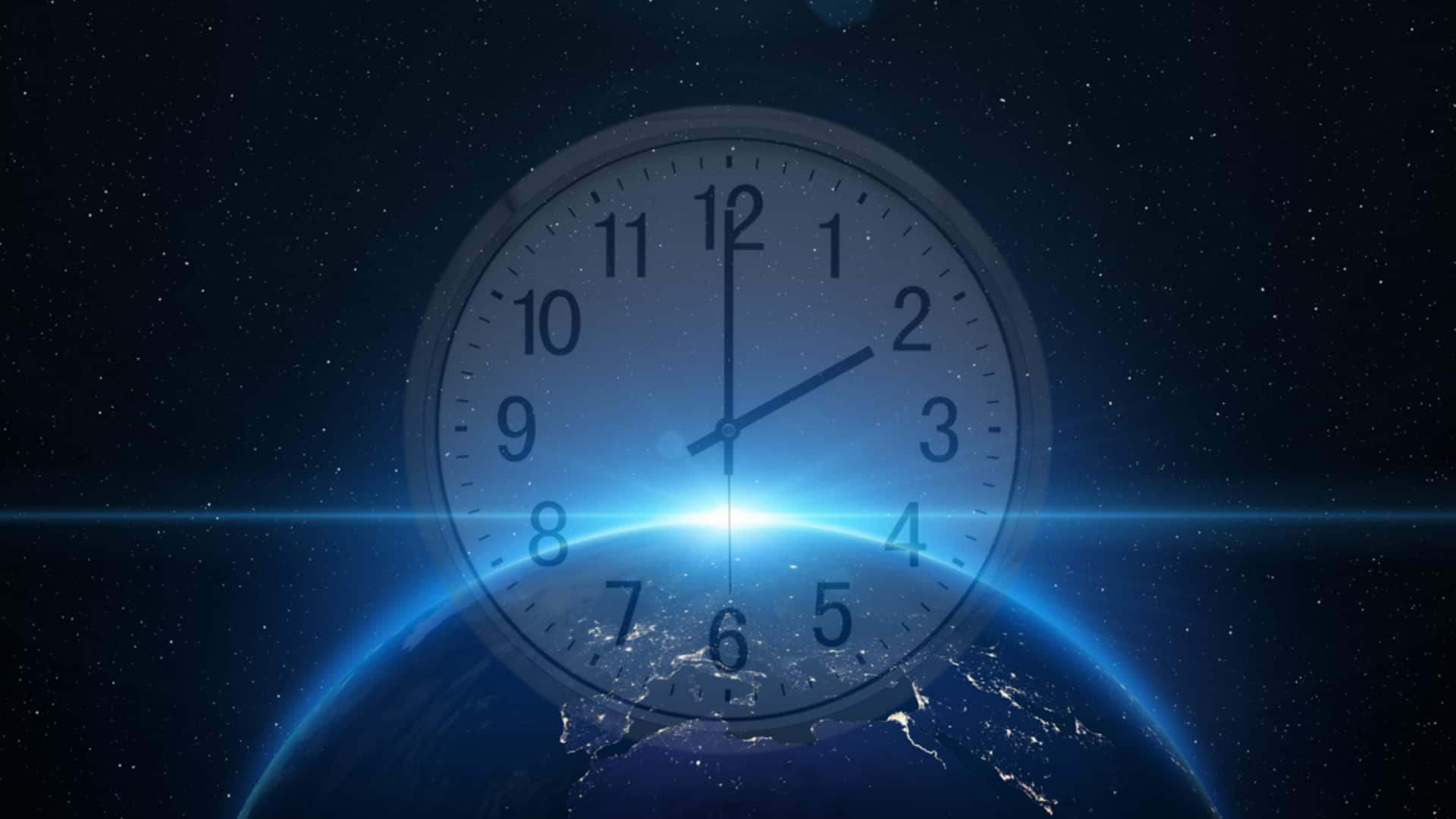
Earth's on time! No leap second needed for 2024
What's the story
The International Earth Rotation and Reference Systems Service (IERS), has announced that no leap second will be added to universal time in 2024.
This decision is based on the insignificant discrepancy between atomic clock time (UTC) and Earth's rotation time (UT1).
The statement released by IERS on behalf of the International Telecommunications Union (ITU), indicates that no adjustment is necessary this year.
Importance
Role in timekeeping systems
Leap seconds play a crucial role in maintaining the accuracy of systems like GPS and other precision navigation and timing applications, which rely on UTC.
UT1, representing Earth's rotation time, is vital for many astronomical systems.
Discrepancies between UTC and UT1 can lead to system malfunctions, highlighting the importance of accurate timekeeping.
Despite the challenges associated with leap seconds, their role in synchronizing these two measurements remains significant.
Challenges
Leap second history and its impact on systems
Historically, a leap second has been added to UTC when it falls out of sync with UT1 due to Earth's inconsistent spin speed.
This practice, in place since 1972, has been implemented 27 times. However, adding a leap second can cause system malfunctions as experienced by Cloudflare in 2017 and Linux servers.
In 2022, engineers at Meta described the addition of leap seconds as a "risky practice which does more harm than good," after facing problems with changes to UTC.
End
Future of leap seconds: Abolition by 2035
In response to the challenges posed by leap seconds, a decision was made in 2022 at the General Conference on Weights and Measures to abolish them by 2035.
Engineers at Meta had previously advocated for discontinuing leap seconds, stating that "these days UTC is equally bad for both digital applications and scientists."
However, with a decade left before the deadline, it's possible that more leap seconds may still be added until their planned abolition.